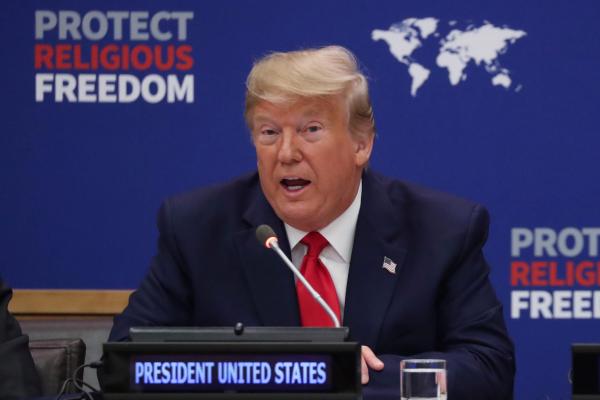Sep 24, 2019
Today, Congress took another step toward addressing its constitutional duty to provide oversight of the executive branch. The House Foreign Affairs Subcommittee on Oversight and Investigations and the House Judiciary Subcommittee on Immigration and Citizenship are holding a joint hearing on oversight of the “Muslim” travel ban.
Read the Full Article

Already a subscriber? Login
